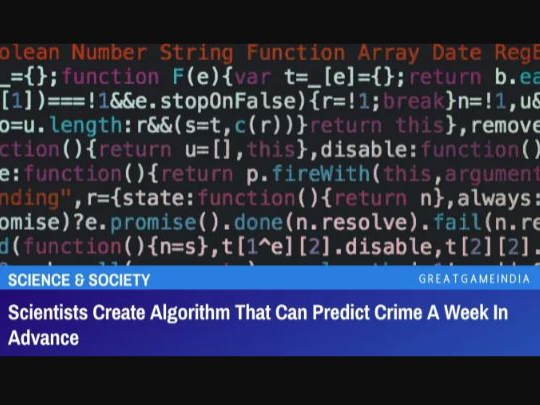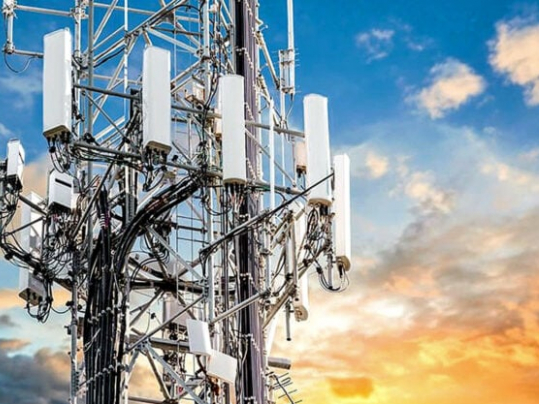Scientists Create Algorithm That Can Predict Crime A Week In Advance

A new algorithm has been created by scientists at the University of Chicago that can predict crime a week in advance with over 90% accuracy.
Due to Chicago’s notorious crime and the increasing threat of violence, businesses have fled the city.
According to Gary Rabine, who moved his road paving company out of the city after his crews were repeatedly robbed, “We would do thousands of jobs a year in the city, but as we got robbed more, my people operating rollers and pavers we got robbed, our equipment would get stolen in broad daylight and there would usually be a gun involved, and it got expensive and it got dangerous.”
According to Rabine, who spoke to Fox News, the city’s expenses for security and insurance for “thousands” of jobs eventually came to be “twice as much as they should be” per employee.
After claiming in October 2021 that “Chicago is like Afghanistan, on a good day, and that’s a problem,” billionaire Ken Griffin relocated his company, Citadel, from Chicago to Miami. He also claimed to have observed “25 bullet shots in the glass window of the retail space” in the building he lives in.
“If people aren’t safe here, they’re not going to live here,” he told the Wall Street Journal in April. “I’ve had multiple colleagues mugged at gunpoint. I’ve had a colleague stabbed on the way to work. Countless issues of burglary. I mean, that’s a really difficult backdrop with which to draw talent to your city from.”
Can AI save the day?
A novel “AI” algorithm developed by researchers at the University of Chicago can predict crime one week in advance.
The “AI” can anticipate crimes up to a week in advance with over 90% accuracy by identifying patterns in time and geographic locations using publicly available data on violent and property crimes.
The tool was tested and validated using historical data from the City of Chicago around two broad categories of reported events: violent crimes (homicides, assaults, and batteries) and property crimes (burglaries, thefts, and motor vehicle thefts). These data were used because they were most likely to be reported to police in urban areas where there is historical distrust and lack of cooperation with law enforcement. Such crimes are also less prone to enforcement bias, as is the case with drug crimes, traffic stops, and other misdemeanor infractions.
Previous efforts at crime prediction often use an epidemic or seismic approach, where crime is depicted as emerging in “hotspots” that spread to surrounding areas. These tools miss out on the complex social environment of cities, however, and don’t consider the relationship between crime and the effects of police enforcement. –PhysOrg
By analyzing the time and spatial coordinates of discrete events and looking for patterns to foretell future occurrences, the model isolates crime. With data from seven other US cities—Atlanta, Austin, Detroit, Los Angeles, Philadelphia, Portland, and San Francisco—it works as well.
Sociologist and co-author James Evans, Ph.D., Max Palevsky Professor at UChicago and the Santa Fe Institute, said, “We demonstrate the importance of discovering city-specific patterns for the prediction of reported crime, which generates a fresh view on neighborhoods in the city, allows us to ask novel questions, and lets us evaluate police action in new ways.”
Who or what can finally clean up Chicago now that we know when crime will occur?
- Source : GreatGameIndia




















